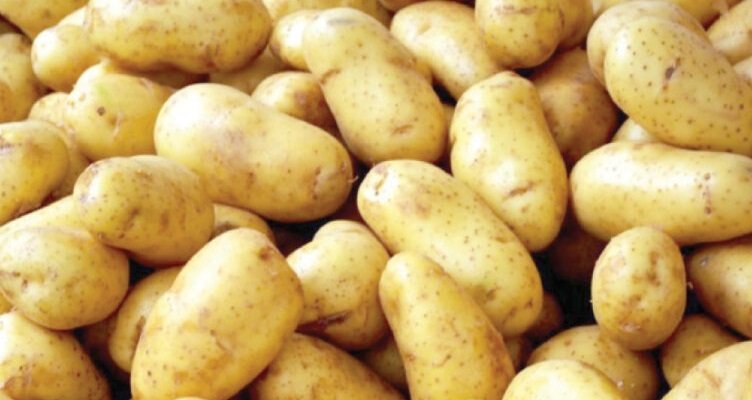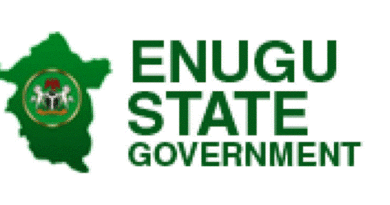Plateau State to Introduce High-Yield Potato Varieties
Plateau State to Introduce High-Yield Potato Varieties
The Plateau State Government has unveiled plans to introduce high-yield potato breeds in partnership with Agrico, a Netherlands-based company renowned for innovation in the global potato value chain.
Newera News gathered that Governor Caleb Mutfwang disclosed the initiative during a media chat. He revealed that the Irish potato, long associated with the state, has been renamed ‘Plateau Potato’ as part of renewed efforts to scale up production, meet domestic demand and tap into the export market.
He said agriculture remained central to his administration’s development agenda, describing it as Plateau’s “God-given advantage.” The governor said his government started with a significant investment in potato farming, which he intends to reposition as a world-class export commodity.
“Our advantage in agriculture is God-given. Ninety per cent of what we used to call Irish potatoes is produced here. We have renamed it Plateau Potatoes because I think we deserve the exclusive rights in the propagation and production of potatoes.
He said, “Plans to revolutionise farming, production and processing of those potatoes over the next three to five years. We have begun to lay the foundation. And the real secret is getting the right seeds, which we didn’t have until we came on board.
“We are planning; we are strategising. We are currently in talks with a Dutch-based company called Agrico, which is the world’s largest multiplier of seeds. They have already visited us here,” he said, adding that the process is nearing its final stage.
The governor also revealed that Plateau has earned the hosting rights for the African Potato Conference. The last conference was held in Uganda. The next edition is scheduled to take place in Jos in 2028.
He expressed concern that most high-end hotels in Nigeria do not use Plateau-grown potatoes but rely on imports.
“They import from South Africa. You can’t blame them because of the quality of what we currently produce. For international standards, you must meet traceability criteria – from farm preparation to harvest, storage and beyond – before you can even think of export.
“But it will interest you to know that Mangu Local Government is one of the areas challenged by insecurity, and is one of the largest producers. It is perhaps the biggest food market in Plateau, attracting buyers from West and North Africa,” he said.
Governor Mutfwang linked the state’s insecurity to economic sabotage, suggesting that the unrest is orchestrated to disrupt agricultural activities.
“What is happening is a deliberate attempt to prevent people from cultivating their farms. And if they can’t farm – being their main economic activity – you inevitably push them into poverty. It is no coincidence that insecurity spikes at the onset of the farming season,” he added.
Turning to the livestock sector, the governor said Plateau remained the best place in Nigeria to raise livestock due to its favourable climate.
“Because of the weather advantage, I can tell you that eggs produced on the Plateau have the longest shelf life in the country. One of our strategies is to provide leadership in livestock propagation, which also helps address the farmer-herder crisis,” he also said.
On cattle production, he noted: “The cows being moved around openly can give you a maximum of two litres of milk per day. The modern trend will focus on other breeds that deliver far higher yields.




